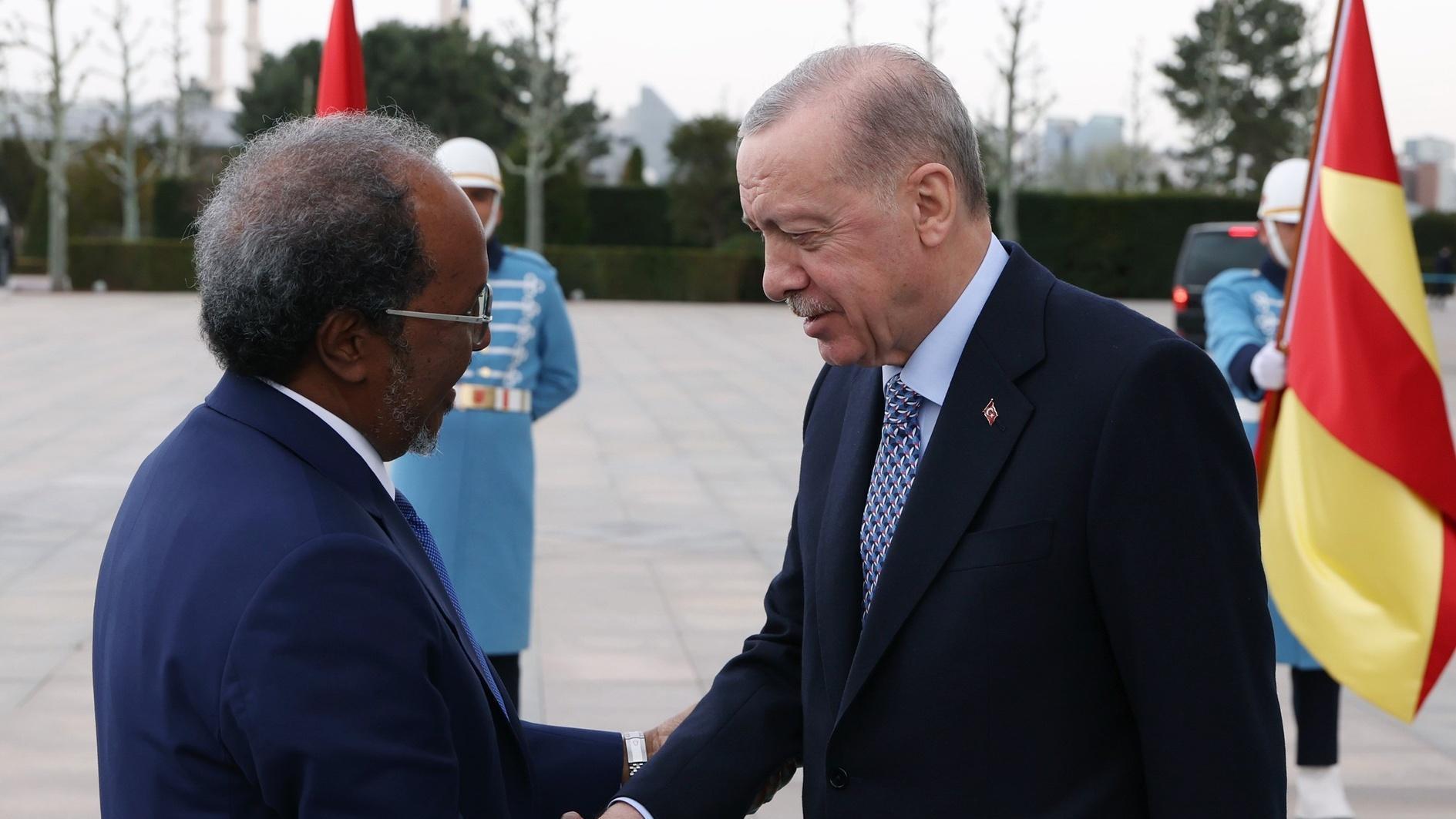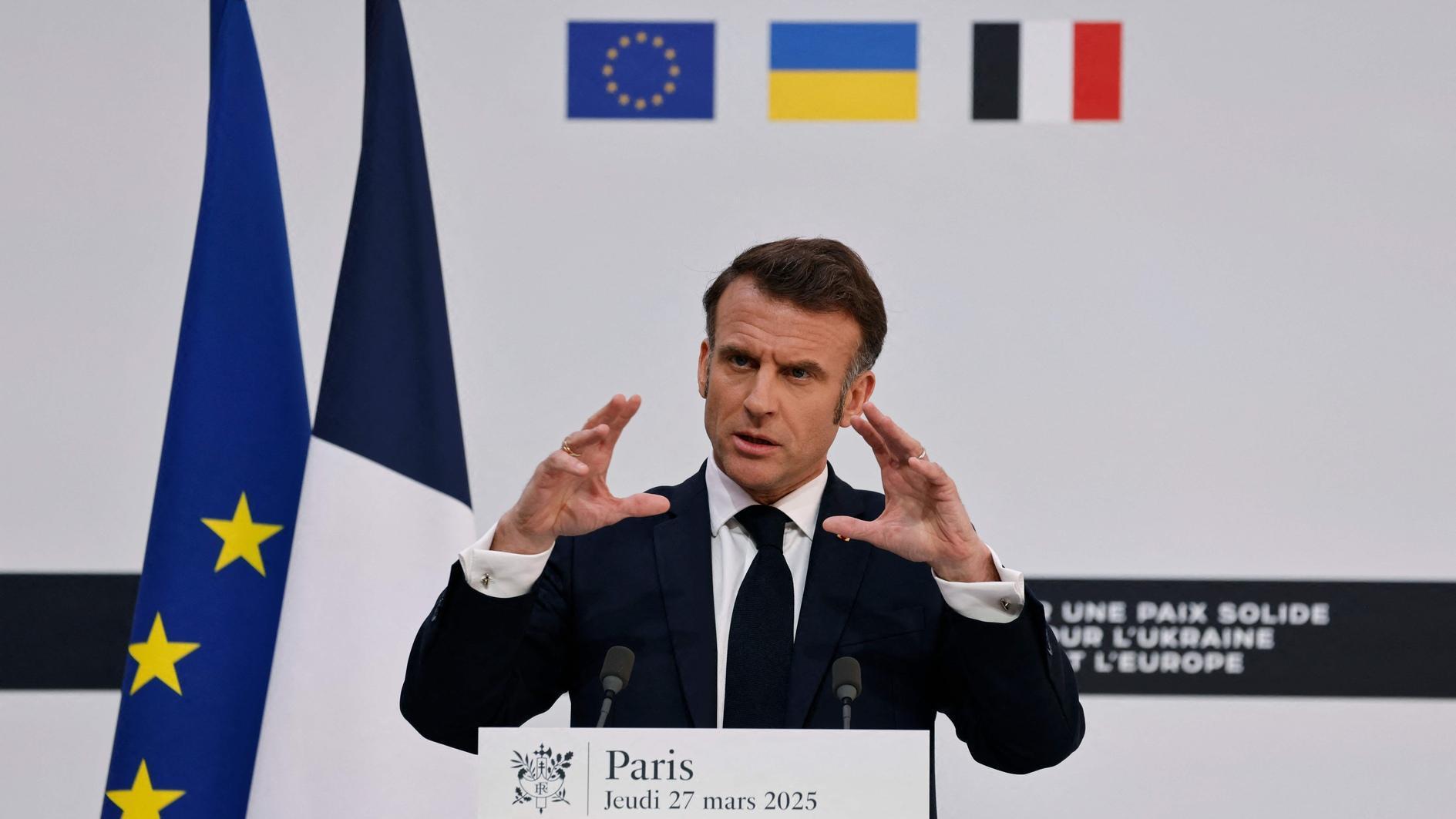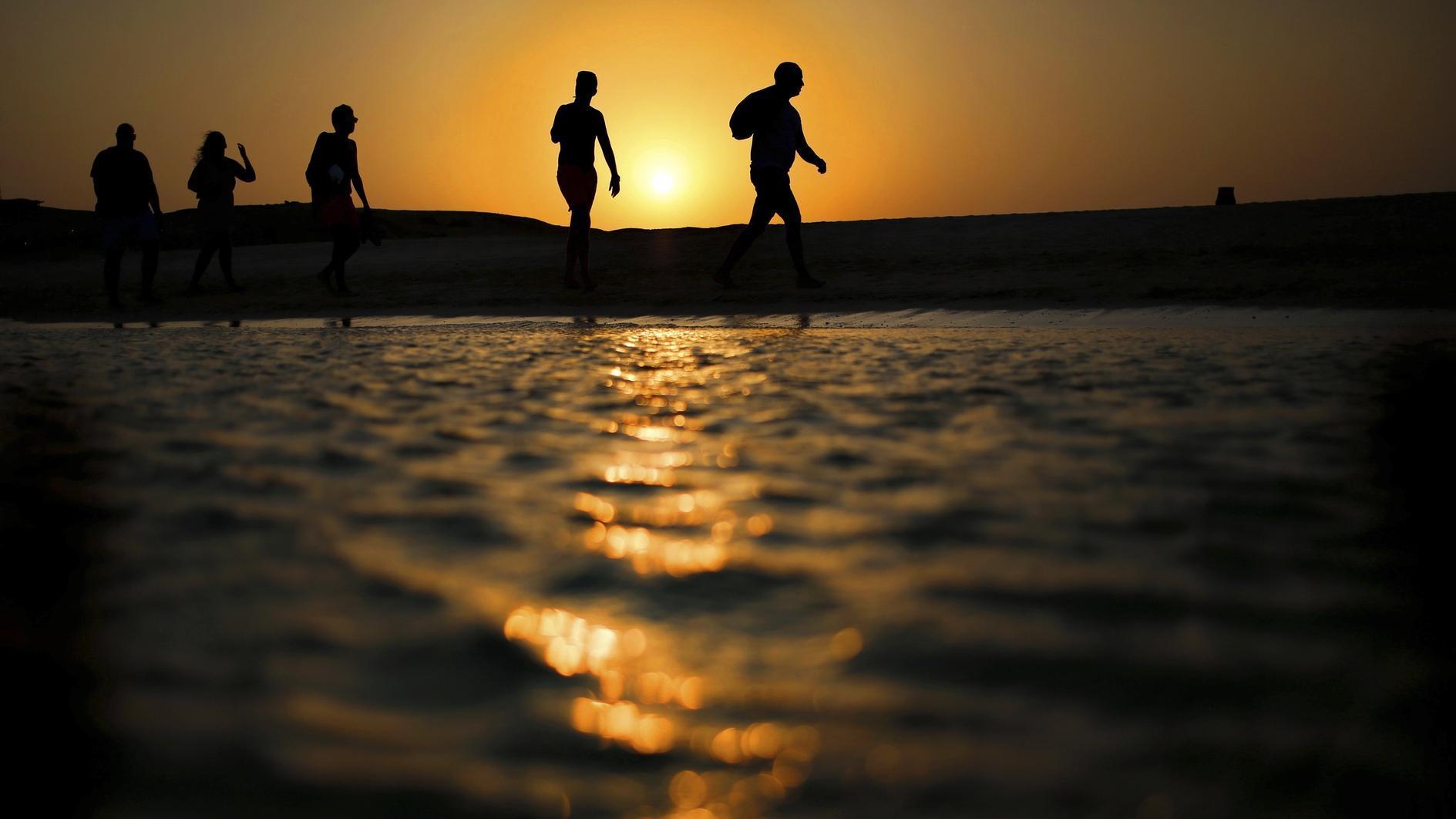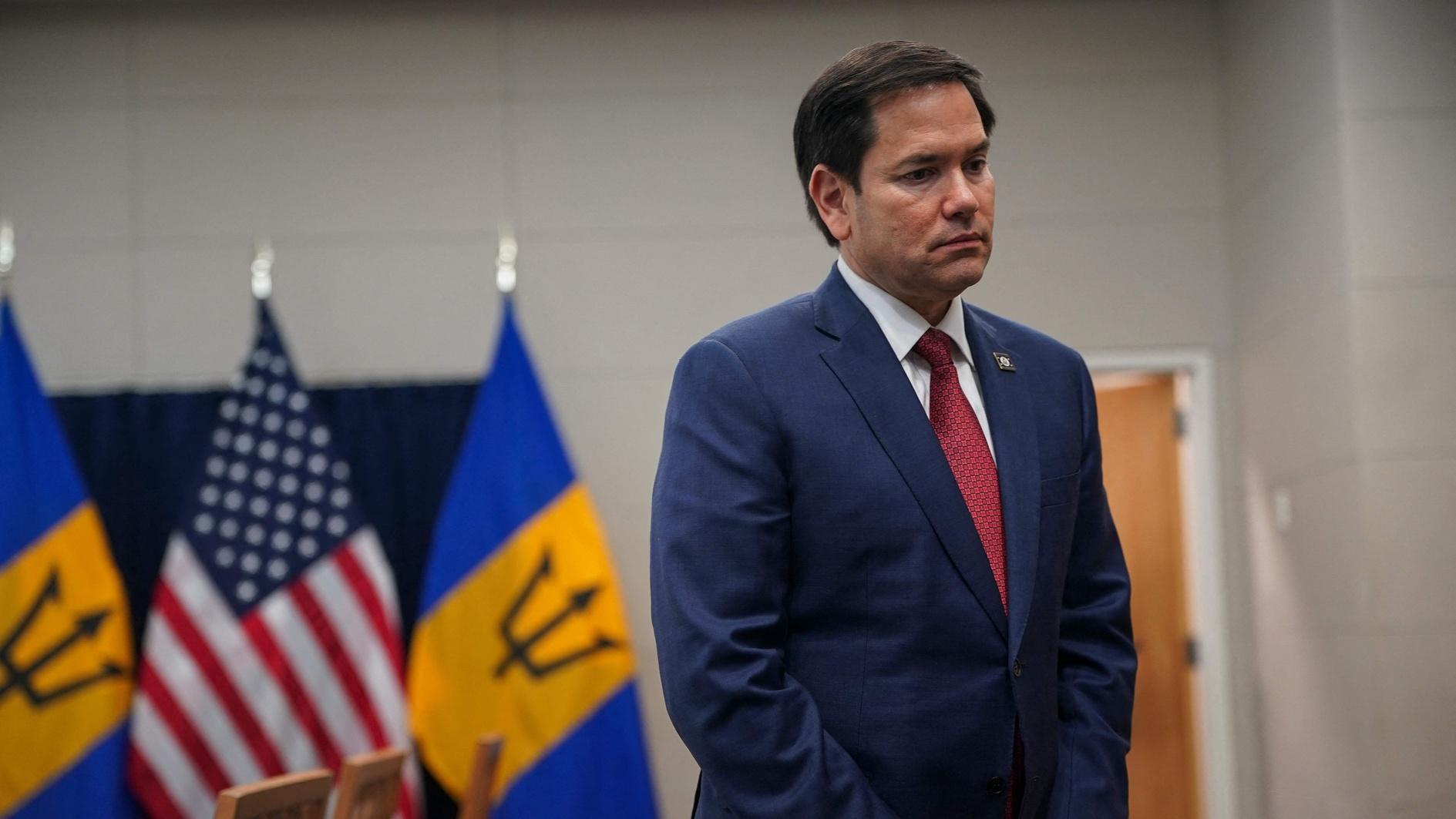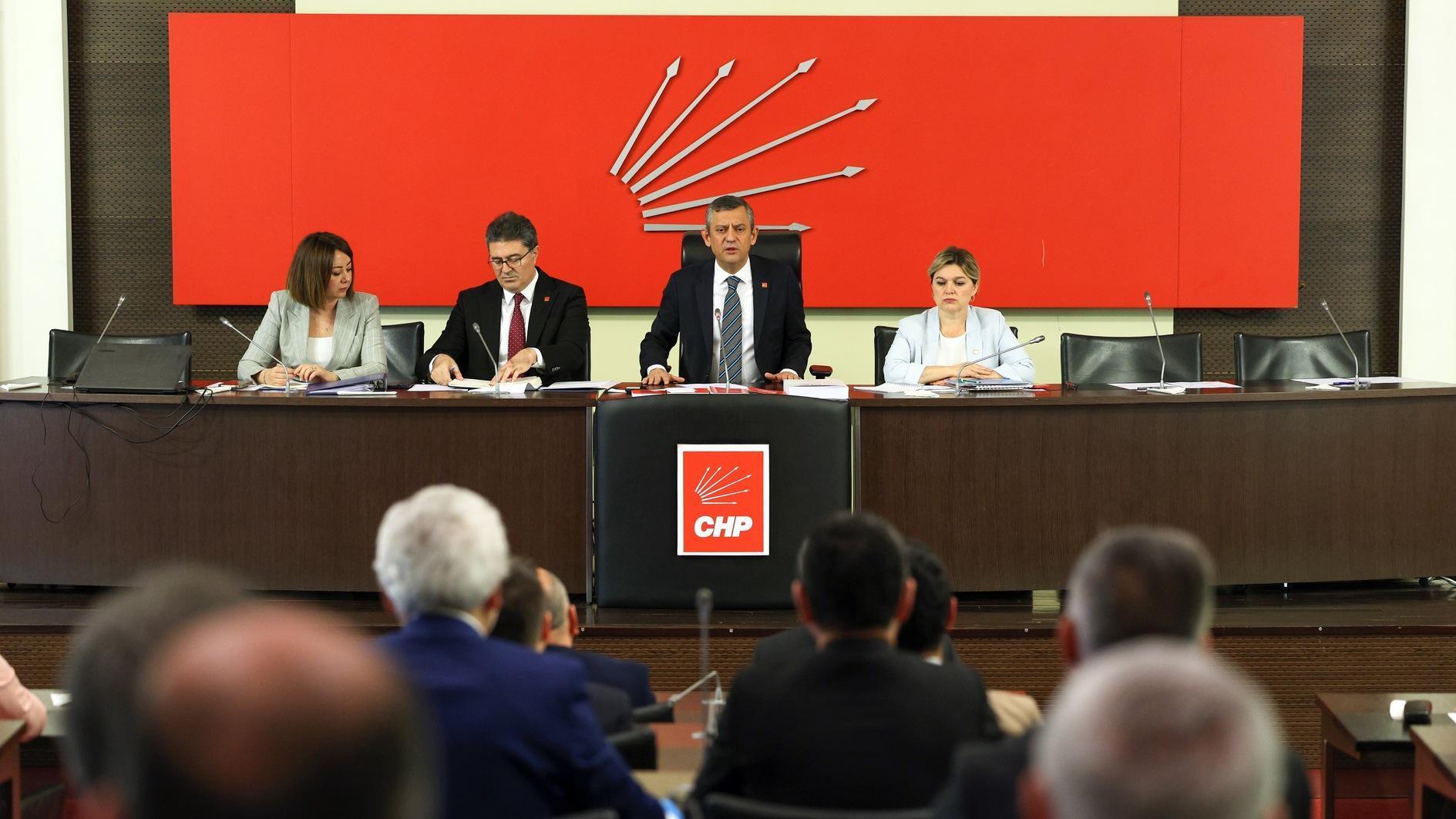What is Turkey doing in Iraq?
As if we were short of tension in this region, a brand new crisis has erupted between Turkey and Iraq.
Last week Baghdad bridled at Turkey’s military presence in Bashiqa, a base north of Mosul where Turkey has been training Sunni fighters and Iraqi Kurdish Peshmerga. The U.S. has sided with the central government of Iraq on this longstanding issue between Ankara and Baghdad.
If the conditions were “normal,” one could naturally ask what Turkey is doing in Iraq. If Iraq were able to prevent the penetration of terrorist organizations from within its territory to neighboring countries, and if foreign powers such as the U.S. and Iran were not swarming in Iraq, we could justifiably pose the question in the title above. But we cannot.
The anticipated anti-Islamic State of Iraq and the Levant (ISIL) operation to Mosul seems to be just around the corner. This upcoming offensive is quite critical as it aims to defeat ISIL in its capital in Iraq. But the operation’s importance goes even further: The Mosul operation is a critical turning point that will define the sectarian (i.e. Sunni-Shia) equation and also the ethnic (i.e. Arab-Turkmen-Kurd) equilibrium in the country.
That is why Mosul is a very hot button for Baghdad, Erbil, PKK, Iran, the U.S. and Turkey.
Let’s start with Iran. Iraq has come under the influence of Iran since the toppling of Saddam Hussein in 2003. Tehran has dominated the country mainly through its Shia militia. The so-called “Hashd al-Shaabi” Shiite militia, under Iran’s domination, is all over Iraq on the grounds of fighting against ISIL. Now Iran also wants to be influential in the upcoming Mosul operation. Yet the U.S. and Turkey oppose this idea, worried that this might trigger another sectarian war in Mosul, which is a Sunni-dominated city.
However, preventing Iran from extending its influence in the second-largest city of Iraq is a distant possibility because the Iraqi army, which is going to be one of the two main ground forces in the operation (the other one being the Sunni tribes), is mainly made up of Shiites. This will unavoidably leave Mosul to the mercy of Iran.
Moreover, Iran also wants to settle its Shiite militia in Tel Afer, an entirely Turkmen city in Mosul that Turkey has been keeping its eye on 24/7. Ankara is therefore afraid that Turkmens might also come under Iranian influence and Tel Afer will become another Iranian base.
In short, by stationing its troops in the Bashiqa camp, which is just 10 km from Mosul, Turkey is not only making a counter-balancing attack on Iran, it is also trying to protect the Turkmens from being massacred by either ISIL or Shiite militia.
Another hot issue is the outlawed Kurdistan Workers’ Party (PKK). Last year, right after ISIL captured Sinjar, a town west of Mosul, and massacred the Yazidis living there, the PKK retook the city together with the Kurdish Peshmerga under the Kurdistan Regional Government (KRG) of northern Iraq. Since then, Sinjar has become the PKK’s second base in Iraq (the first one being the Kandil mountains).
Now Ankara is worried that the PKK might leak into Tel Afer and might also take part in the expected Mosul operation, as the outlawed group announces almost every day that it wants to contribute to the offensive. Turkey is therefore also trying to put forward the Peshmerga and the Turkmens vis-a-vis the PKK.
Another threat to Turkey from Iraq is, of course, ISIL. Turkey’s ongoing operation in northern Syria has already increased this threat to Turkish territory. On top of that, the Mosul operation might incite many ISIL-terrorists to run into Turkey.
In short, Turkey’s presence in Bashiqa is ultimately grounded on just reasons.
On the other hand, there are around 5,000 U.S. troops in Iraq, in addition to an unknown number of U.S. special forces. Yet although the United States is neither an object of any direct threat to its national security from Iraq, nor a neighbor of this country, it is criticizing Turkey’s presence in Bashiqa. Moreover, since the outbreak of the crisis, the predominant view in Ankara is that Washington is not happy with Turkey’s presence and say in Iraq.
Yet the U.S.’s siding with Baghdad should not be interpreted as anti-Turkey. On the one hand, Washington is trying to save its relations with Baghdad and Iran; on the other hand it is looking out for the internal political dynamics in Iraq. The Baghdad government is on the brink of imploding. The rivalry has reached the peak not only between the Shia-Sunni and Kurd-Arab, but also among the Shia themselves. In other words, the effort to prevent a further escalation of tension in Iraq also lies behind Washington’s reaction to the Ankara-Baghdad tension.
In addition, it is also worth mentioning that the Pentagon refuted the recent statement of Colonel John Dorrian, an anti-ISIL coalition spokesman who criticized Turkey’s military presence in Iraq as “illegal.” Washington clearly does not want to lose or clash with Ankara.
One last warning: Despite Turkey’s legitimate worries and its presence in Iraq, it should not end up wrong. Ankara should first and foremost stay away from drawing a sectarian line and picture. It should also continue its presence in Iraq only in coordination with all parties involved in this crisis.
Having said that, there are numerous actors who would love to benefit from the current crisis. Turkey’s conflicting interests with many actors in Syria already lays the ground for heightened risks. Hence it is more than urgent to solve the ongoing tension with all parties, embracing a conciliatory rhetoric and diplomacy.



